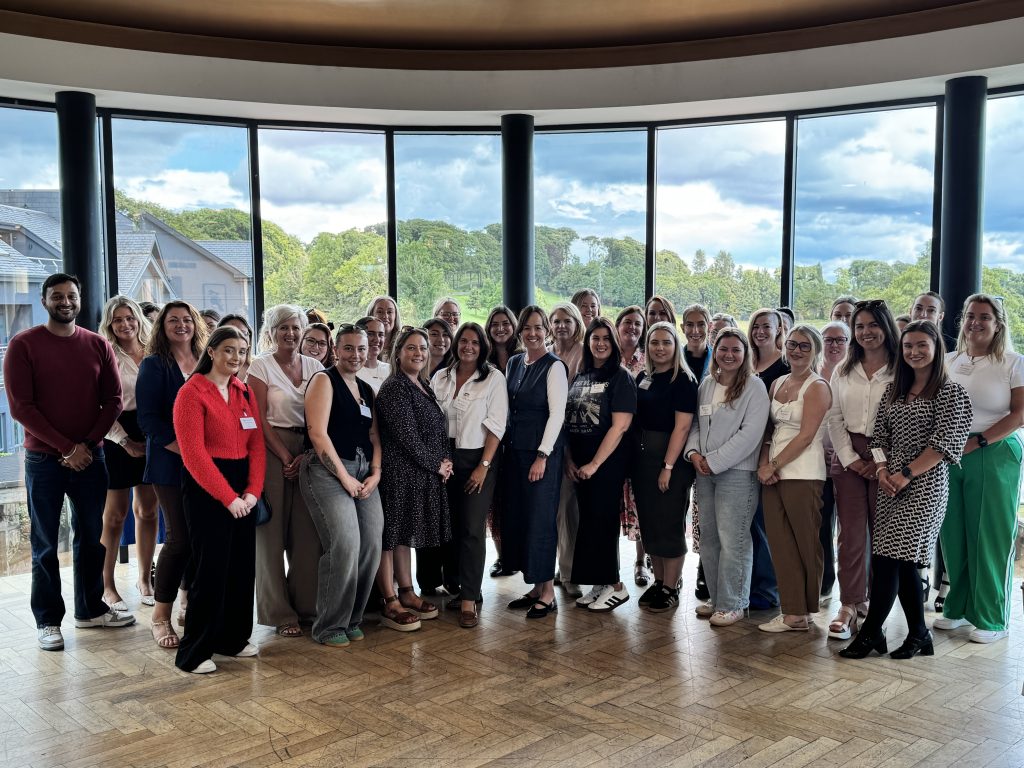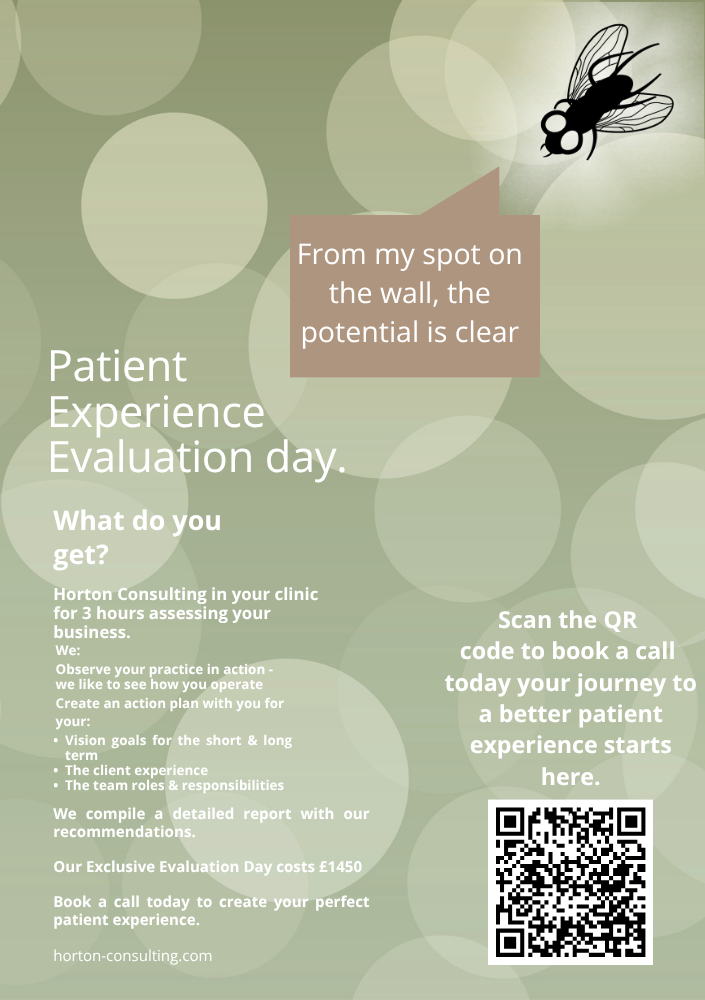Why I Still Get Nervous – 19 Years Later
You’d think that after 19 years of presenting — after all the workshops, full days lecturing, away days, and training sessions — the nerves would have faded by now. But they haven’t.
Every single time I step into a room to deliver a session, I still feel it. The flutter in my stomach. The racing thoughts. The inner voice is checking and re-checking everything I’ve prepared.
And do you know what? I’ve come to realise something important:
I get nervous because I care.
It’s Not Just a Session — It’s Someone’s Investment
Long before I stand in front of an audience, I’ve spent hours, often days, immersed in preparation. I’m not just planning slides and talking points — I’m in deep consultation with the client. I’m learning about their challenges, goals, team dynamics, and dreams for the day, as well as their aspirations for growth thereafter.
Because to me, this isn’t just about turning up and delivering something that sounds good. It’s about crafting something meaningful. Something that motivates. Something that matters.

I Want It to Land — Really Land
When I walk into a room, I’m carrying the weight of everyone’s hopes for that day — the practice owner who wants to energise their team. This manager needs a fresh perspective, a team member who’s craving clarity or inspiration.
That’s why I get nervous. Because I’m not just showing up with content — I’m showing up with intent. I want every delegate to leave with something tangible and practical they can use. I want them to feel empowered, encouraged, and equipped to take action when they walk out the door.
And let’s be honest — that takes more than knowledge. That takes heart.
Nerves Aren’t Weakness — They’re Evidence of Passion
Some people think nerves mean you’re unsure or unprepared. But after nearly two decades, I know that’s not true.
I’m nervous because I care deeply about providing people with something of genuine value. I care about every word I speak, every exercise I lead, and every question I pose. I care about making the experience one they’ll remember — not just for the inspiration, but for the tools they take away and the action they’re ready to take.
The Day Isn’t About Me — It’s About Them
It’s not my confidence that matters. It’s their growth. And if feeling a bit nervous helps keep me grounded, tuned in, and fully present for the people I’m there to serve, then
I’ll welcome those nerves every time.
Because nerves are love in disguise, and I’m proud to feel that, 19 years on.
Building Stronger Practice Teams
What Are Patient Experience Evaluation Days?
Our Patient Experience Evaluation Days are immersive, on-site visits designed to assess, support, and strengthen your patient experience and dental team. We spend three hours on site, observing the practice in real-time, just as a patient would. From the first phone call to the final goodbye, we experience your clinic through fresh eyes and take detailed notes on everything that affects the patient journey.
This is not an audit or inspection. It’s a supportive and collaborative process built on respect, curiosity, and continuous improvement.
What We Look For
We evaluate every key touchpoint of the patient experience — from the reception desk interactions to the clinical environment, communication styles, and team dynamics. Our team utilises a RAG (Red, Amber, Green) rating system across multiple sections to highlight areas where you’re excelling, where there’s room for improvement, and where urgent attention is needed.
Our approach is comprehensive yet compassionate. We’re not just identifying problems — we’re offering practical, actionable solutions that fit your practice’s culture and goals.
Collaborative Review & Action Plan
After the observation period, we sit down with the practice owner and manager to review our findings. This meeting is open, honest, and constructive — a chance to reflect on what’s working and explore how to strengthen the areas that need it.
We come prepared with:
- A full breakdown of our observations
- Your RAG scoring summary
- Tailored recommendations that your team can implement quickly
- Resources and tools to support ongoing improvement
Why Practices Love It
Practice teams tell us these sessions feel like a breath of fresh air. By bringing an experienced, unbiased perspective, we help uncover blind spots and unlock new ways to work more efficiently, communicate more effectively, and deliver outstanding patient care.
Most importantly, these sessions spark essential conversations about values, systems, and the kind of environment your team wants to create. They’re not about judgment. They’re about building stronger, more connected teams that patients trust and return to.
Ready to Strengthen Your Practice?
Whether you’re thriving and want to keep momentum, or you’re facing challenges and want support, our Patient Experience Evaluation Days can help. Together, we’ll shine a light on your strengths, fine-tune your processes, and build a practice team that’s not just functional but exceptional.


Are you losing patients and revenue?
Take the scorecard and get your free report here
- “Are You Losing Patients & Revenue?” – Take the Free Scorecard Today
- If you’re working late doing treatment plans, chasing up patients, or wondering why your conversions aren’t where they should be… this is for you.
- Most dental practices have leaks—missed opportunities, poor follow-up systems, or a patient experience that’s not converting at the level it could.
Are You Losing Patients & Revenue? Scorecard is a quick, FREE way to:



- It only takes 2 minutes—no fluff, just real insights that matter to your business.
Take the scorecard now and stop letting patients (and profit) slip through the cracks.
Take the scorecard and get your free report here
Laura

The Full Circle of the TCO Role: From Underused to Indispensable
In many dental practices across the UK, the Treatment Coordinator (TCO) role exists in name but not with impact. You’ve found someone. You’ve given them the title. But have you given them the tools, structure, and strategy to thrive truly?
Too often, TCOs are underused. They’re pulled between admin, reception, and calling leads. They work hard, but the impact is inconsistent, unclear, and underwhelming.
The TCO role should come full circle. That means transforming it from a loosely defined support function into a strategic pillar of the practice.
Why does this matter?
Because a Horton Consulting trained TCO delivers:
- A consistent, high-converting patient journey
- Increased case acceptance
- Greater efficiency for clinicians
- A more potent, more confident team dynamic
This is especially critical for self-employed associates, who are often left to manage consults, build trust with patients, and handle treatment presentations on top of their clinical workload. A skilled TCO becomes their right hand, their guide, and their closer.
I’ve worked with practices for 16 years, and we’ve seen it all. Some TCOs start slow and rise fast. Some get stuck, not because they lack potential but because they lack direction and development.
That’s where our TCO growth program comes in.
It’s not just about being ahead of the curve—it’s about committing to the full circle of growth.
We focus on:
- Business development
- Communication mastery
- Confidence-building
- Practical systems and support
Introducing Circle 33 – this isn’t a course. It’s a 12-month transformation—for the TCO, the practice, and every patient experience you deliver.
We have 33 places available – book a call today to understand how you can join our circle.
